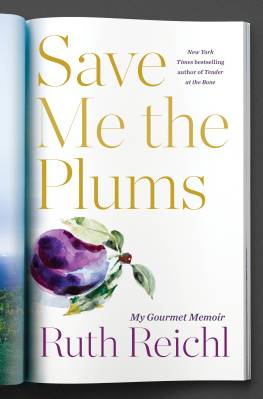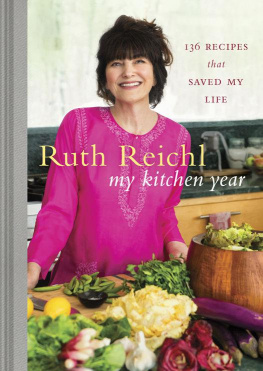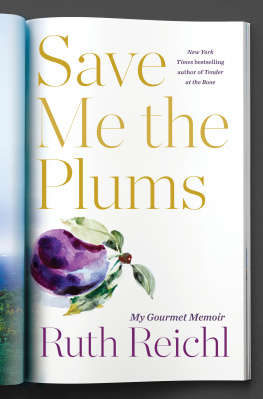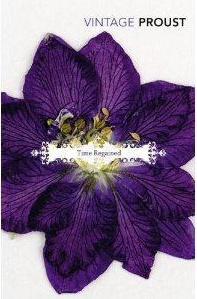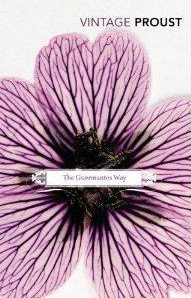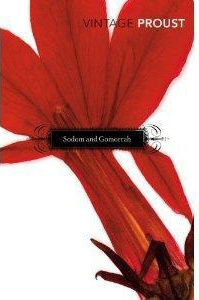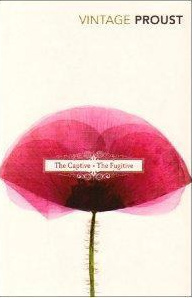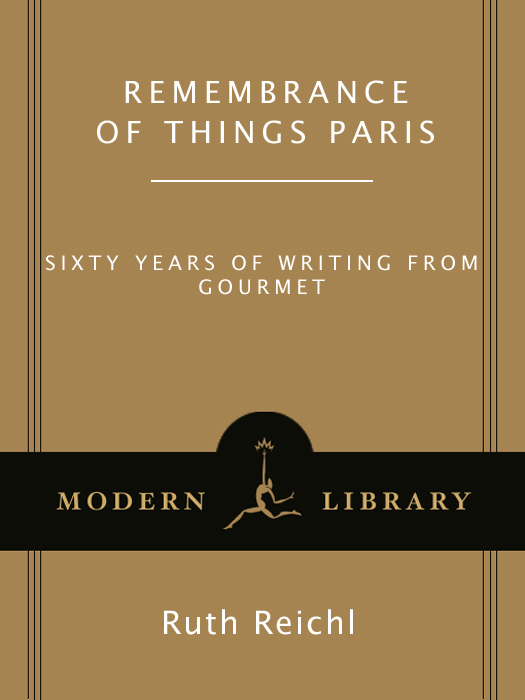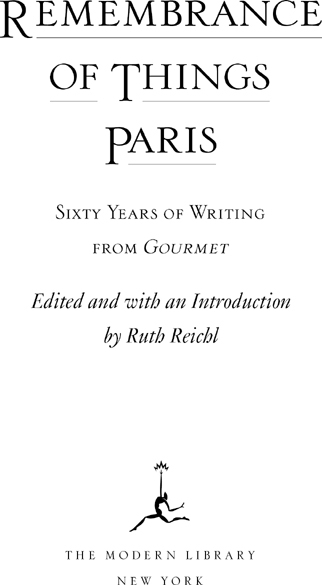CONTENTS
P ARIS s H AUTE C HOCOLATERIE Naomi Barry
PARISIANS
I NTRODUCTION
Ruth Reichl
For a true gourmet in the first few decades of the twentieth century, Paris was the hearts home, the place that mattered, a shrine for everyone who believed that eating well was the best revenge. It was where Hemingways Moveable Feast took place, where Liebling spent his time Between Meals, where M.F.K. Fishers Gastronomical Me was born.
But Gourmet came into the world in 1941, just as the United States was going to war and Paris was impossible to visit. Reading through the early issues of the war years you get a certain forlorn sense, a hole in the place where Paris should have been. Is it any wonder that the moment the war ended the magazines editor and publisher, Earle MacAusland, immediately dispatched a correspondent to find out what was going on in the City of Light? The story that Don Dresden sent back was slightly dispiriting; rationing was still on, he reported, there was no cream, no butter, and very little meat. All over town he found chefs who were wringing their hands and doing their best.
But conditions soon improved. Within a few years the magazine was publishing stories about a Paris that had happily returned to its prewar ways. Old men left their mistresses to sit in cafs and watch the world go by, endlessly debating the important question of where dinner should be served. The great parties resumedset pieces of high fashion and fabulous food. As the good times came back to the metropolis, Gourmet sent off the first of what would be an unbroken line of full-time Paris correspondents to chronicle the life of the city for its eager readers.
That first resident correspondent was Naomi Barry, who may be the most underappreciated restaurant writer of all time. Reading fifty-year-old restaurant reviews would not normally be much fun; it takes a writer of extraordinary abilities to make you care about meals that you will never be able to eat. But with each review Barry offers up such a rich slice of life that you feel you are sitting at the next table, eavesdropping on your neighbors chatting with the chef. Her reviews are like little time machines that not only allow you to taste the food she is eating, but somehow transport you back to a city that no longer exists.
For me that is the magic of this collection of essays. Each is a passport to the past, a way to watch Paris grow and change at the very moment it was happening. This is living history, vibrant and unselfconscious, and it offars an amazing opportunity to watch an entire civilization transform itself and move into what will become the present.
This would not work, of course, had the magazine not been blessed with such extraordinary writers. But after Barry came Joseph Wechsberg, a man who truly belongs in the pantheon of great food writers along with A. J. Liebling and M.F.K. Fisher. He had good taste and great talent, but more than that he had an interesting mind. The subjects that he chose to write abouta bookshop, the opening of a fashion house, the way that Parisians walk down the streetoffer you an intimate portrait of a city by an accomplished watcher whose greatest joy was simply to observe the city as it strolled past his table.
But having its own correspondent in the city was never enough for Gourmet, whose readers had an insatiable appetite for all things Paris. Great writers have always been eager to eat there, and the magazine has always been eager for their thoughts. And so we also have Lillian Langseth-Christensen, Louis Diat, Judith and Evan Jones, Diane Johnson, Michael Lewis, Frank Prial, Paul Goldberger, and Jonathan
Gold, among others, each devouring Paris in his or her own particular fashion.
No change went unobserved. The demise of Les Halles was reported by five different people (we have included three). The magazine wrote about the new buildings, the new telephones, the new food. In the early seventies when a generation of young chefs created a whole new style of cooking, Gourmets writers were thrilled; something new to write about! We follow the development of nouvelle cuisine, and as the chefs cook and the years pass we see the old city slowly disappear, fade away as if it were being erased to make way for the new. With this new food came a modern and more aggressive metropolis to take the place of Paris past.
This collection closes with the slightly bemused observation of Franois Simon, who wrote the finale for Gourmets Paris issue at the beginning of the twenty-first century. It is not Naomi Barrys Paris, nor that of Joseph Wechsberg, but it remains a vibrant and fascinating city. And although M. Simons city would have been almost impossible to imagine sixty years earlier, it is a reminder that, in one form or another, we will always have Paris.

R EMEMBERING P ARIS
P ARIS IN THE T WENTIES
Irene Corbally Kuhn
The year was 1921. The month was May. The city was Paris. And I had just bought a new hat that I remember to this day: an exquisite, wide-brimmed straw hat trimmed with an enormous silk violet. I was about to start work as fashion editor, general reporter, and the only woman on the ten-member staff of the four-year-old Paris edition of the Chicago Tribune.
The world had passed through the long darkness of the war to end all wars and was more than ready for the frenzied gaiety and brief brilliance of the roaring twenties. Paris was packed with Americansand, for the most part, the French were happy to have us. Artists, writers, composers, dilettantes, bankers, businessmen, army officers, diplomats, and journalists, we had little in common beyond a passion for Paris and tended to travel in separate circles that only occasionally intersected. The journalists were a most clannish group. We did not mix with the literati, which is to say the Americans who came to Paris to write novels. We were, however, most gregarious and mixed with everyone else, because a story could come from anywhere. And frequently it did.
The Paris Chicago Tribune was one of the two principal English-language daily newspapers published there through the 1920s. The other was the Paris edition of the New York Herald Tribune. Although their names were similar they had little else in common. The Paris Chicago Tribune, known as the Trib, was a grubby gamin compared with that sober, prosperous burgher, the Paris


